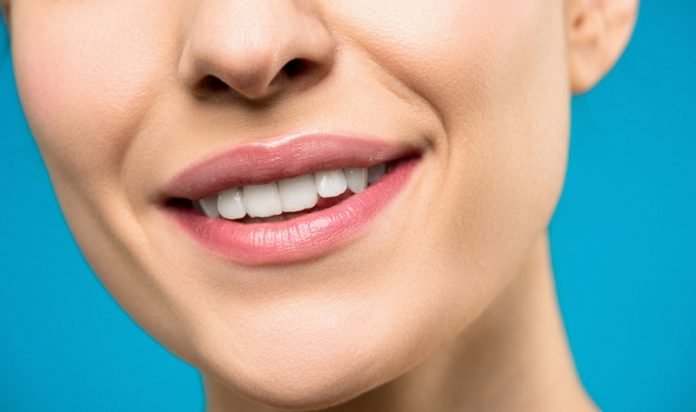
In a new study from UMass Chan Medical School, researchers found that patients with persistent long COVID symptoms have oral microbiomes with a much higher abundance of bacteria that induce inflammation.
Currently, scientists don’t understand the mechanism of long COVID. There are suggestions that the innate immune system may be overstimulated from COVID.
Like the microbiomes found in the gut and on the skin, the oral microbiome is a collection of bacteria that can affect the progression of health and disease.
Much smaller than the gut microbiome, the oral microbiome comprises a few hundred different species of bacteria.
It’s believed that maintaining the delicate balance of the oral microbiome can play an important part in health. An imbalance in the oral microbiome can lead to inflammation, illness and disease.
In the study, the team sampled 164 patients presenting in the emergency room with COVID over a nine-month period. Blood and oral swabs were taken from patients, who were also tested for COVID.
Eighty-four of the 164 tested positive for COVID by PCR and were admitted to the hospital for treatment. Of these, 27 were successfully contacted for follow-up at both four weeks and 10 weeks.
Fourteen patients from this group experienced ongoing symptoms four weeks from disease onset and 10 patients had symptoms for longer than 10 weeks. On average, patients experienced 45.8 days of symptoms.
The team used whole-genome sequencing and advanced algorithms to identify the composition of bacteria in the oral microbiome among patients experiencing prolonged symptoms.
Of the hundreds of bacteria species identified, 19 were seen in abundance in those patients with ongoing symptomatic COVID-19 that didn’t appear in other patients.
The team says there is a clear biological signal associating a change in the oral microbiome with long COVID symptoms.
This suggests that the microbiome might be playing a part in long COVID and is a mechanism that deserves more study.
One researcher of the study is John P. Haran, MD, Ph.D.
Copyright © 2021 Knowridge Science Report. All rights reserved.



